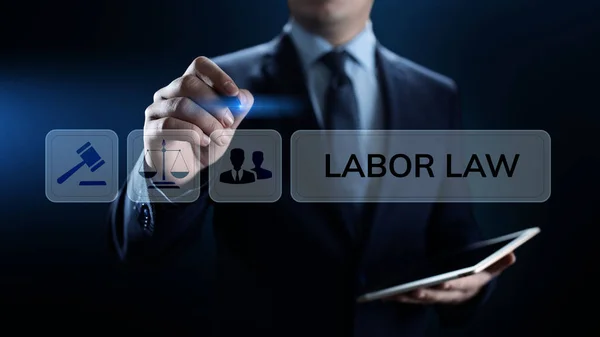The question arises as to when and whether the involvement of investigative agencies by the employer is legitimate, there are in fact circumscribed and specific hypotheses that legitimize the employer to involve agencies involved in investigation activities and also to use electronic devices aimed at greater protection in the business environment, in order to identify unlawful conduct by the employee.
A jurisprudential reference that stands out among all is Article 4 of the Workers’ Statute, which represents the key legislation and provides that:
- Audiovisual systems and other tools from which the possibility of remote control of workers’ activities also derive can be used exclusively for organizational and production needs, for safety at work and for the protection of company assets and can be installed subject to a collective agreement stipulated by the unitary trade union representation or by the company trade union representatives. Alternatively, in the case of companies with production units located in different provinces of the same region or in several regions, this agreement can be stipulated by the comparatively more representative trade union associations at national level. In the absence of an agreement, the facilities and tools referred to in the first sentence may be installed subject to the authorization of the territorial headquarters of the National Labor Inspectorate or, alternatively, in the case of enterprises with production units located in the areas under the jurisdiction of several territorial headquarters, of the headquarters of the National Labor Inspectorate.
- The information collected under paragraphs 1 and 2 may be used for all purposes related to the employment relationship provided that the worker is given adequate information on how to use the tools and carry out the controls and in compliance with the provisions of Legislative Decree No. 196 of June 30, 2003.
The frequent instances, subject to agreement, in which defensive controls are permitted are those aimed at protecting assets, protecting the corporate image, and all those directed at detecting illegal conduct.
For example, one of the most frequently debated cases in the workplace is the use of company cars:
On this issue, the Court of Cassation intervened by declaring the constitutional legitimacy of such controls, holding that they “are legitimate where they are aimed at verifying conduct of the worker that may integrate fraudulent activities, sources of damage for the employer itself, not being able, on the other hand, to have as their object the fulfillment/performance of work performance, due to the prohibition in Art. 2 and 3 St. lav. (see Cass. No. 6174/2019, N. 4670/2019, n. 15094/2018, n. 8373/2018).”
An important aspect is the right of the employer to be able to order the dismissal for just cause against the employee, if the latter commits fraudulent acts.
The issue of controls and investigations is one of the central topics in the field of labor law. The discipline aims, in fact, mainly to protect the weaker party within the contractual relationship, the employee.
The Law firm remains available for any clarification.
